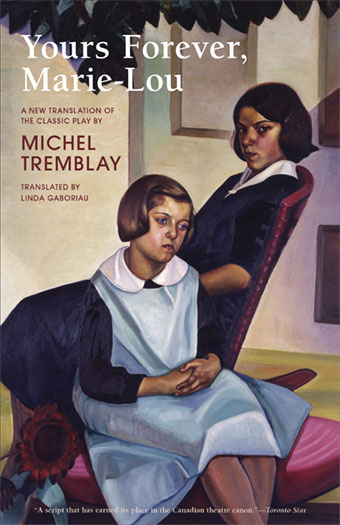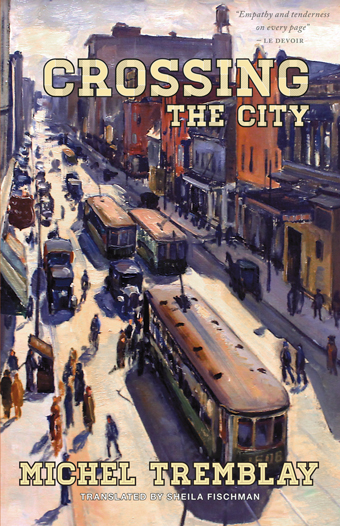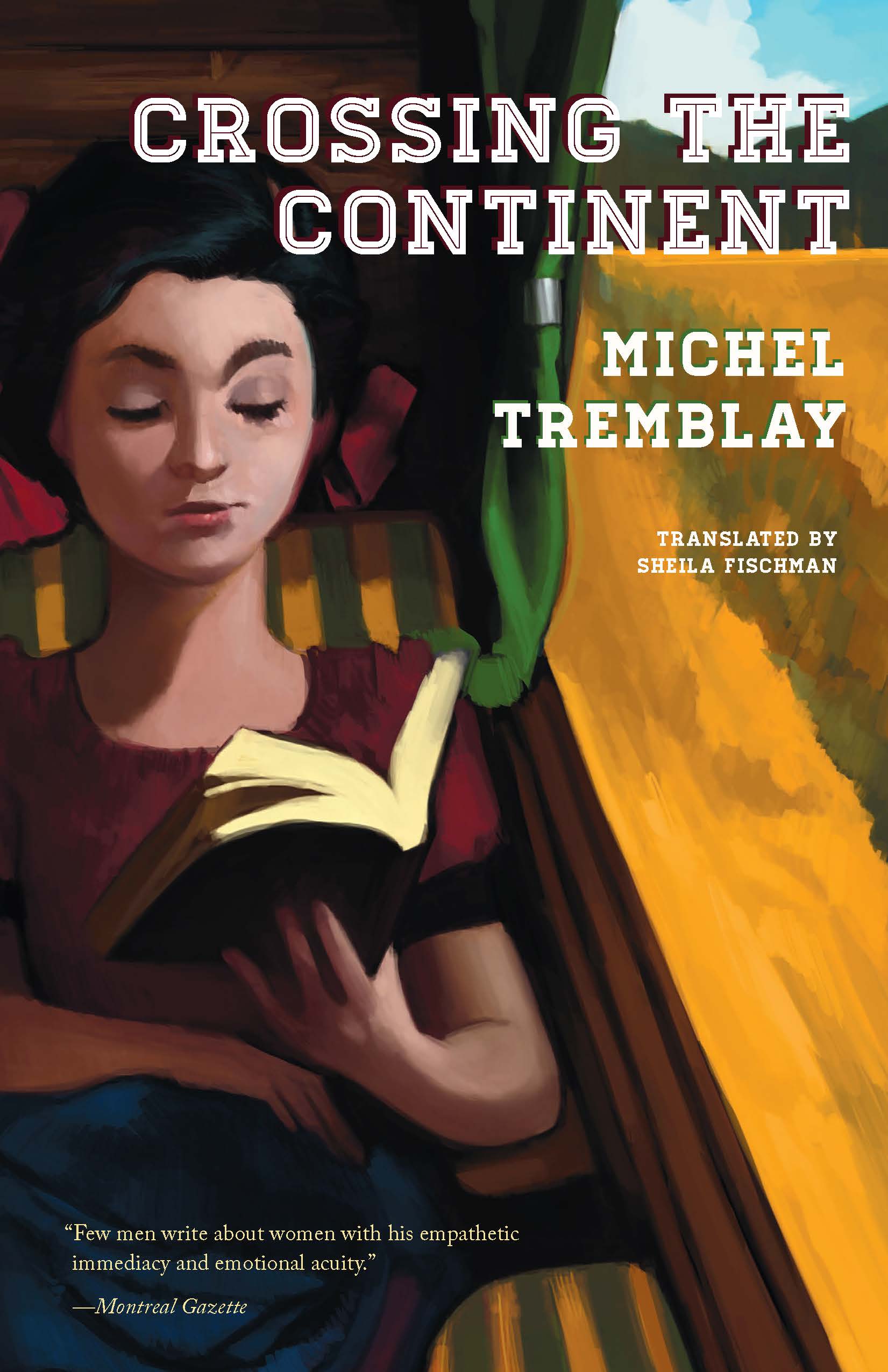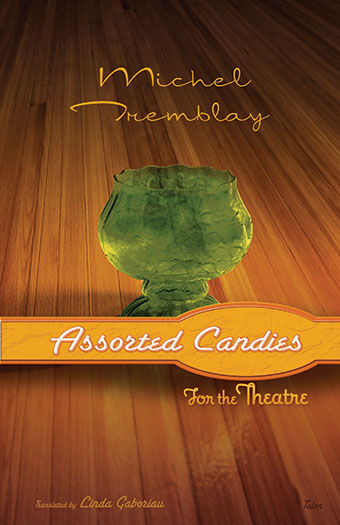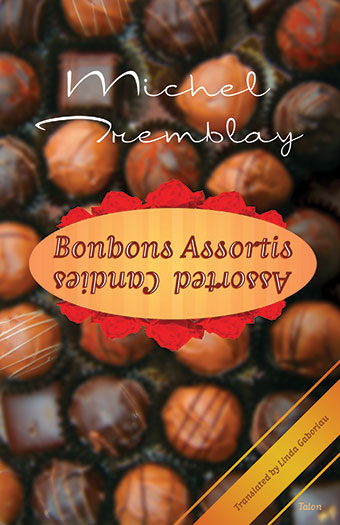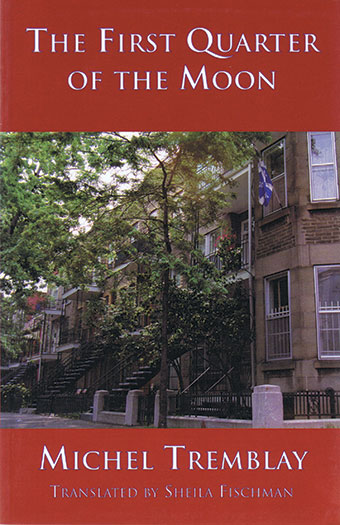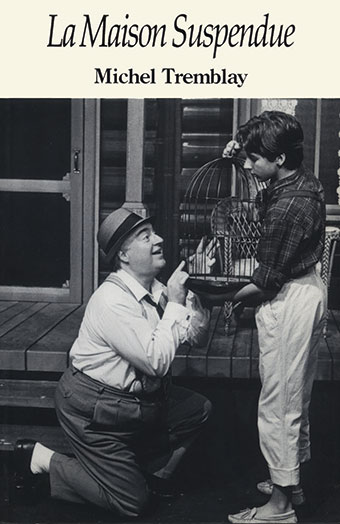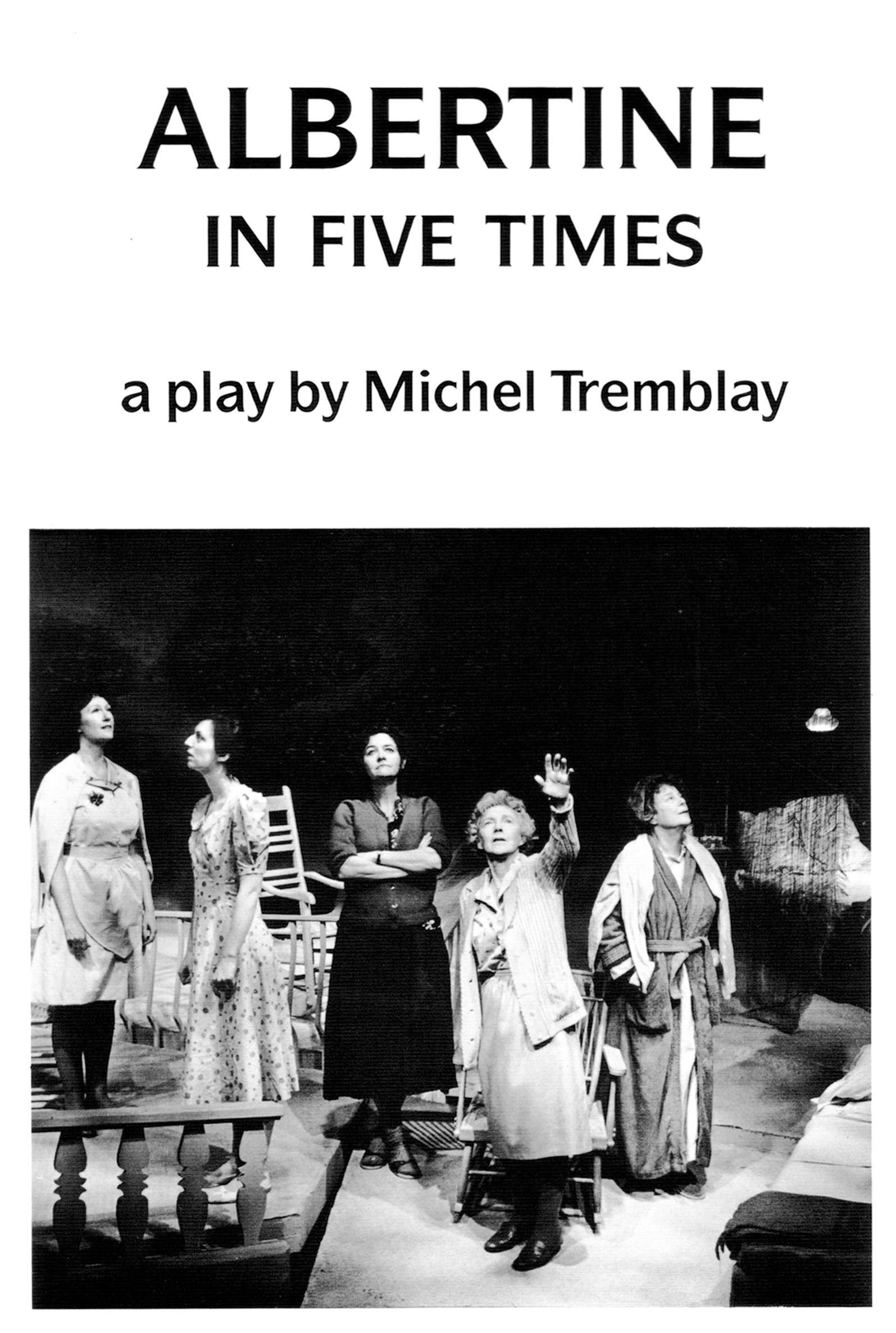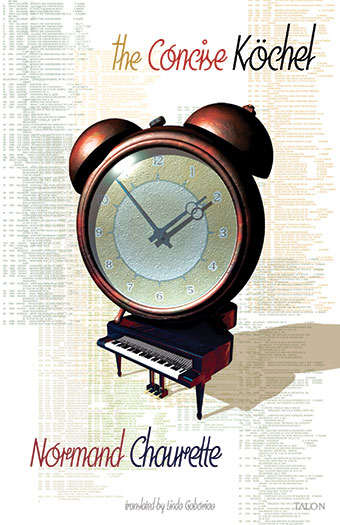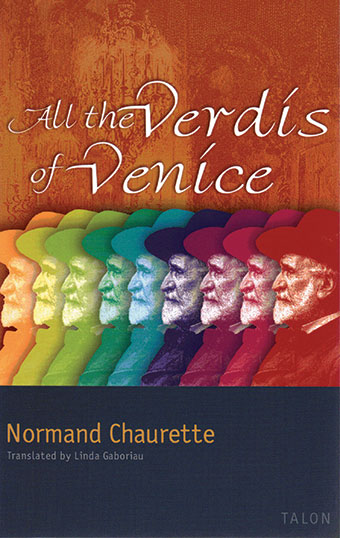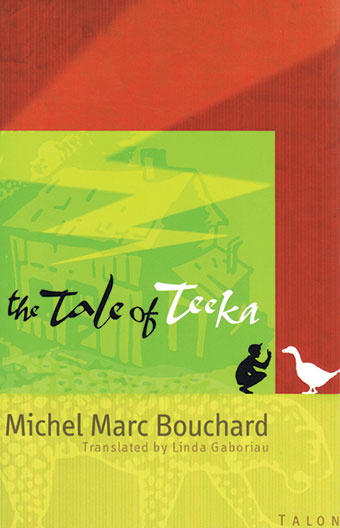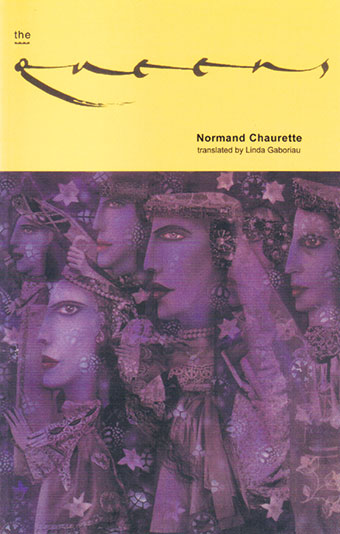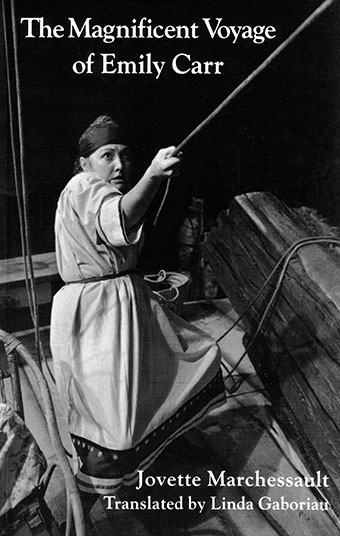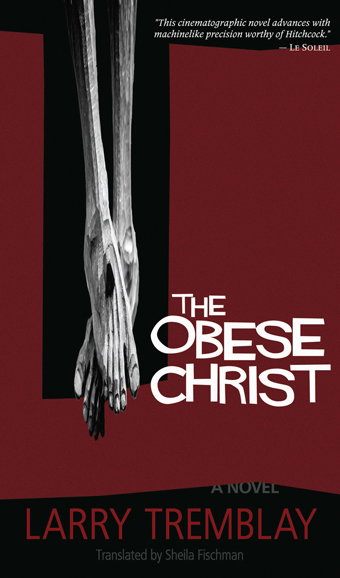ISBN:
9781888888888
Pages: 1696 pp
Pub. Date:
June 9 2025
Dimensions: 8.5" x 5.5" x 6"
Rights: WORLD
Categories
/ FIC090020
“Wanderers. All of them. All the Desrosiers, never satisfied, always searching elsewhere for something better …”
Renowned Québec author Michel Tremblay’s Desrosiers Diaspora series spans the North American continent in the early years of the twentieth century. In nine linked books, this 1,400-page family saga provides the backstory for some of Tremblay’s best-loved characters, particularly Rhéauna, known as Nana, who later becomes the eponymous character in Tremblay’s award-winning novel, The Fat Woman Next Door Is Pregnant, and who is based on Tremblay’s own mother. The Desrosiers Diaspora follows Nana and the other remarkable Desrosiers women, including Nana’s grandmother, Joséphine, and her mother and aunts, Maria, Teena, and Tittite, as they leave and return to the tiny village of Sainte-Maria-de-Saskatchewan, dispersing to Rhode Island, Montréal, Ottawa, and Duhamel in the Laurentians. In Tremblay’s vivid, headlong prose, with its meticulously observed moments both large and small, the Desrosiers’ tumultuous and entwined lives are revealed as occasionally happy, often cruel and impulsive.
The entire Desrosiers Diaspora series has now been translated into English by Sheila Fischman and Linda Gaboriau and published by Talonbooks in seven volumes. The French originals were published by Leméac Éditeur and Actes Sud.
In the first volume, Crossing the Continent, we find Nana living with her two younger sisters, Béa and Alice, on her maternal grandparents’ farm in Sainte-Maria-de-Saskatchewan, a francophone Catholic enclave of two hundred souls. At the age of ten, amid swaying fields of wheat under the idyllic prairie sky, Nana is suddenly called by her mother, Maria, whom she hasn’t seen in five years and who now lives in Montréal, to come “home” and help take care of her new baby brother. So it is that Nana embarks alone on an epic train journey through Regina, Winnipeg, and Ottawa, on which she encounters a dizzying array of strangers and distant relatives, including Ti-Lou, the “she-wolf of Ottawa.”
The story continues in Crossing the City, where we meet Maria as she leaves the city of Providence, Rhode Island, pregnant and alone; we also meet Nana in Montréal, two years later. Having crossed the continent from her grandparents’ farm in Saskatchewan, Nana now traverses the city, alone, in an attempt to buy train tickets to reunite her family. Crossing the City includes vivid descriptions of Montréal’s early-twentieth-century neighbourhoods, which Nana traverses as she makes her journey.
The third novel in the series, A Crossing of Hearts, opens during a stifling heat wave in Montréal in August 1915, as war rages in Europe. The three Desrosiers sisters – Tititte, Teena, and Maria – have been planning a vacation in the mountains, to do nothing but gossip, laugh, drink, and overeat while basking in the sun. Maria’s children beg to come along. Reluctantly, Maria takes her children on the week-long trip to the Laurentians. As the reader views the journey through young Nana’s eyes, we come to understand the impoverished circumstances they leave behind in Montréal, only to find poverty evermore present in the country. Yet it feels good to get out of town, and encounters with rural relatives crystallize young Nana’s true feelings for her mother, as confidences and family secrets fuse day into night.
Rite of Passage finds Nana at the crossroads of the end of childhood, facing the passing of her adolescence and the arrival of new responsibilities as her grandmother Joséphine approaches her last hours. To calm the storm, Nana reads the enthralling tales of Josaphat-le-Violon – a returning character in Tremblay’s Chronicles of the Plateau-Mont-Royal. Three of Josaphat’s fantastical stories contain revelations whose full influence in her own existence Nana cannot yet measure. In parallel, Nana’s rebellious mother Maria languishes back in Montréal. She is torn between her desire to gather her young family around her and her deep uncertainty about being able to care for them properly.
The Grand Melee takes us to May 1922, when preparations are in full swing for the upcoming marriage of Nana and Gabriel. There’s just one problem: Nana’s wedding dress has yet to be bought. The mercurial Maria, torn between her desire to measure up as a mother and the inescapable constraints of poverty, wonders how to pay for the wedding. And she’s not the only one battling demons – the thought of the upcoming reunion unsettles every member of the large and dispersed Desrosiers family. While the wedding invitations announce a celebration, they also stir up old memories, past desires, and big regrets.
Volumes six and seven are combined in Twists of Fate: If by Chance & Destination Paradise. In If by Chance, the great Ti-Lou, the famous She-Wolf of Ottawa, returns to Montréal after a fruitful career in the royal suite at the Château Laurier, where she welcomed diplomats and men of the world, politicians and ministers of worship. But in 1925 she packs up and sneaks off, her suitcases replete with savings. When she arrives at Windsor station, five possible fates await her, each with their share of risks and opportunities, of good and less good fortune. But in each of these lives, Ti-Lou will have to deal with more than mere chance; waiting for her at the crossroads are the blade of loneliness and, worse still, the fear of allowing herself to be loved. In Destination Paradise, set in 1930, we enter the Paradise Club, one of the few places that caters to “confirmed bachelors.” Precocious despite his young age, Édouard is carried away by the story of la Duchesse de Langeais, which story he has just read in Balzac’s eponymous novel. Of course we already know that Édouard will become the undisputed queen of the Montréal drag scene, but we knew less about his beginnings in life. Destination Paradise narrates Édouard’s rite of passage.
A Great Consolation: Survive! Survive! & Crossing the Gulf of Misfortune concludes the magisterial series. Survive! Survive! transports readers to September 1935, to glorious, tragic times in the colourful company of Ti-Lou and “La Duchesse” Édouard, whose sparkling exchanges hide indissoluble pain; to sombre, twilight times with Victoire and Télesphore at the bottom of the ruelle des Fortifications, and between Josaphat and Laura Cadieux, his ill-fated daughter who wants at all costs to find her mother, Imelda Beausoleil. “How to survive?” they all ask, inextricably caught in life’s cycle of lost illusions and forgotten dreams. Even as this chronicle of resilience dwells in the difficulties and disenchantments of ordinary life, it reveals existences that accommodate a happiness that passes – always too fast and almost too late.
The series closes with Crossing the Gulf of Misfortune, whose action unfolds in August 1941, when the families of Nana and Gabriel unhappily cram together in a new apartment. Nana is forced to live with Victoire and Édouard, as well as with Albertine and her children, Thérèse and baby Marcel. Outside this unbearably crowded household, war rages and rationing deprives everyone of basic necessities.
These characters don’t know what readers of Tremblay do: that in a year, in May 1942, Nana – the Fat Woman Next Door – seven months pregnant, will open the fabulous Chronicles of the Plateau-Mont-Royal …
By Michel Tremblay
One of the most produced and the most prominent playwrights in the history of Canadian theatre, Michel Tremblay has received countless prestigious honours and accolades. His dramatic, literary and autobiographical works have long enjoyed remarkable international popularity, including translations of his plays that have achieved huge success in Europe, the Americas and the Middle East.
Awards and Recognition*
Prix du Grand (2009) La Traversée de la ville (Leméac Editeur Inc.)
Blue Metropolis International Literary Grand Prix (2006)
Globe and Mail Top 100 Books (2003) Birth of a Bookworm
Dora Mavor Moore Award for Outstanding New Play (2000) For the Pleasure of Seeing Her Again
Chalmers Awards (1972, 1973, 1974, 1975, 1978, 1986, 1989, 2000)
Governor General’s Performing Arts Award (1999)
Molson Prize for Lifetime Achievement in the Arts (1994)
Louis-Hémon Prize (1994)
Montreal Book Fair Grand Public Prize (1994)
Banff Centre National Award (1992)
Officer of the Order of Arts and Letters of France (1991)
Chevalier of the Order of Quebec (1990)
San Francisco Lesbian and Gay Festival Long-Standing Public Service Award (1989)
CBC Anik Prize (1988)
Athanase-David Lifetime Achievement Prize (1988)
Quebec-Paris Prize (1985)
Chevalier of Arts and Letters of France (1984).







